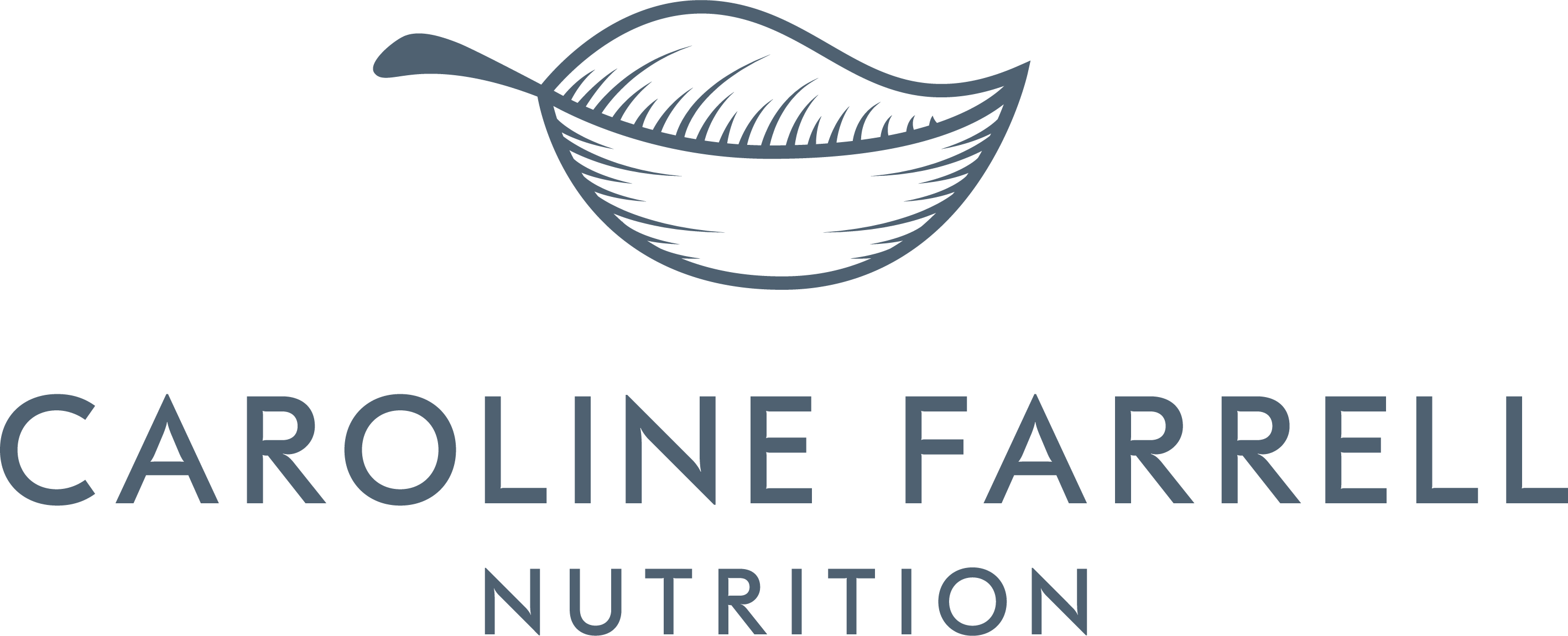About Endocrine-Disrupting Chemicals
Endocrine-disrupting chemicals (EDCs) are substances found in everyday products that can mimic, block, or interfere with the body’s natural hormones, potentially disrupting normal physiological functions. By understanding sources of EDCs and making conscious lifestyle choices, you can reduce your exposure and safeguard your hormonal health.
Tips to Avoid Endocrine-Disrupting Chemicals
Choose Organic: Opt for organic when buying the fruits and vegetables with the highest levels of pesticides. See the top 12 list here. Wash non-organic fruit and vegetables (a little vinegar in water will remove some pesticide residues from the surface of vegetables).
Go BPA-Free: Limit products made with Bisphenol A (BPA), a well-known endocrine disruptor found in plastic containers, food packaging, and thermal paper receipts. To limit BPA:
- Try to limit using plastic in the kitchen. Use glass or ceramic food storage. You should also avoid BPA-free plastics, as they have been shown to contain chemicals, which may also interfere with hormone balance.
- If you do use plastic, don’t microwave or dishwasher plastic containers as this causes the BPA to leach out.
- Limit canned foods. Opt for dry or frozen beans and pulses. Passata and tuna can be bought in glass jars.
- Try to limit handling paper receipts.
Read Labels on Personal Care Products: Check the ingredients list on personal care products (e.g., lotions, shampoos, cosmetics) and avoid those containing parabens, phthalates, and synthetic fragrances, which are common EDCs. Look for products labelled “paraben-free,” “phthalate-free,” and “fragrance-free,” or consider using natural or organic alternatives.
Filter Drinking Water: If practical, install a high-quality water filtration system to remove contaminants, including EDCs, from drinking water sources.
Choose Natural Cleaning Products: Opt for household cleaners made with natural ingredients, free from synthetic fragrances and harmful chemicals. Consider DIY cleaning solutions using ingredients like vinegar, baking soda, and essential oils for a safer alternative.
Other Tips
- Wash your hands frequently (avoiding fragranced and antibacterial soaps), and always before eating. You’ll rinse a substantial amount of chemical residue down the drain.
- Damp dust and vacuum often. Flame retardant chemicals are used in many common household products. Research shows that these chemicals escape from electronics, couches, and baby products and collect in your household dust.
- Limit high-mercury fish such as tuna, shark, swordfish, king mackerel, marlin, and tilefish. Eat wild or organic fish where possible.
Useful Resources
- Environmentally-friendly cleaning products: Ecover, Method.
- Organic skincare and make-up brands: Weleda, Dr Bronner, Burt’s Bees, Tropic, Ren, Green People
- Natural deodorant: Wild
- Stainless steel bottles: Klean Kanteen




